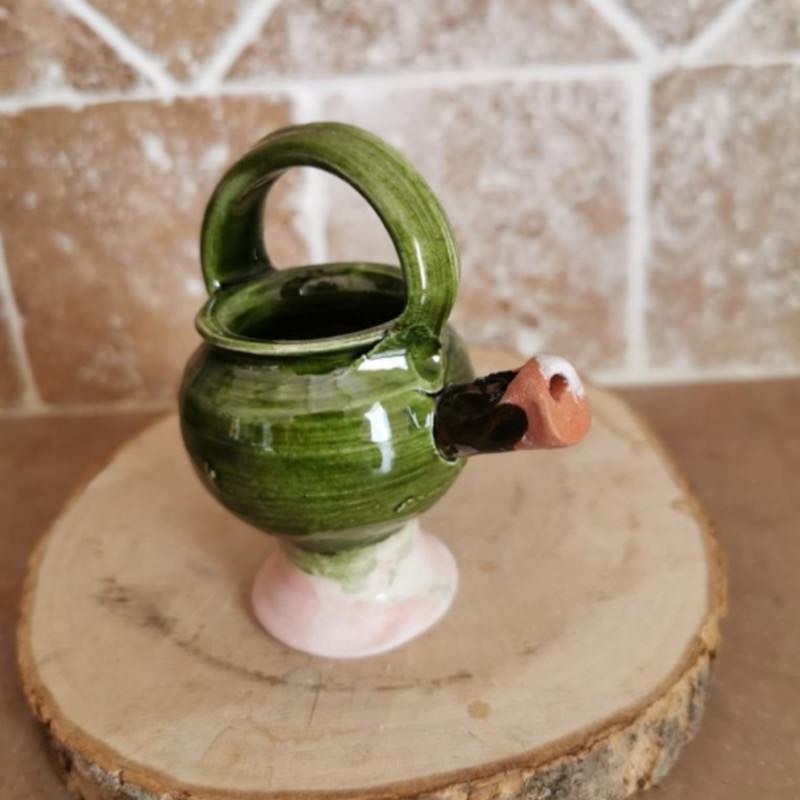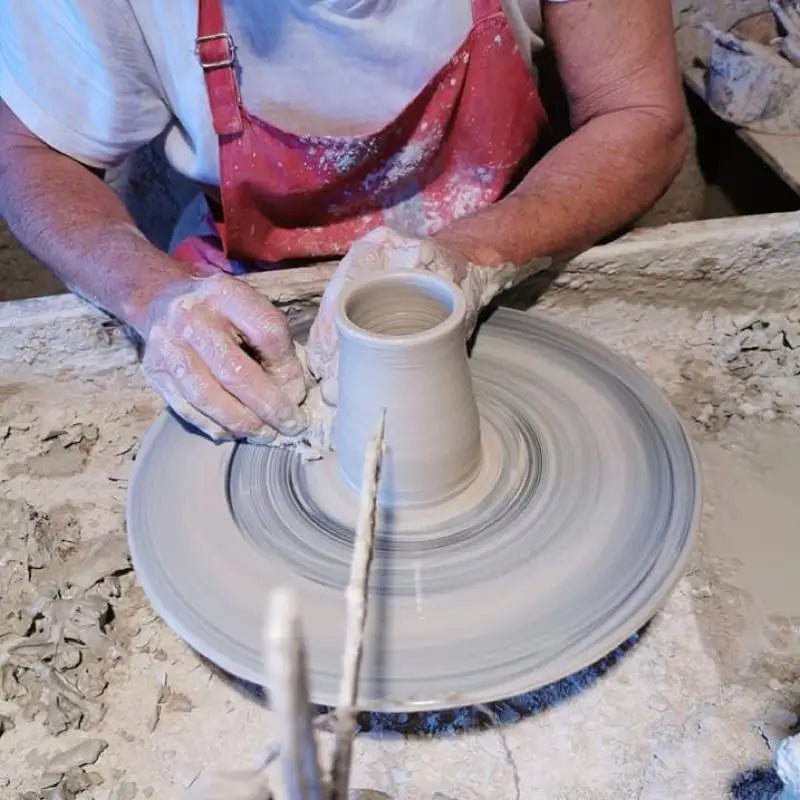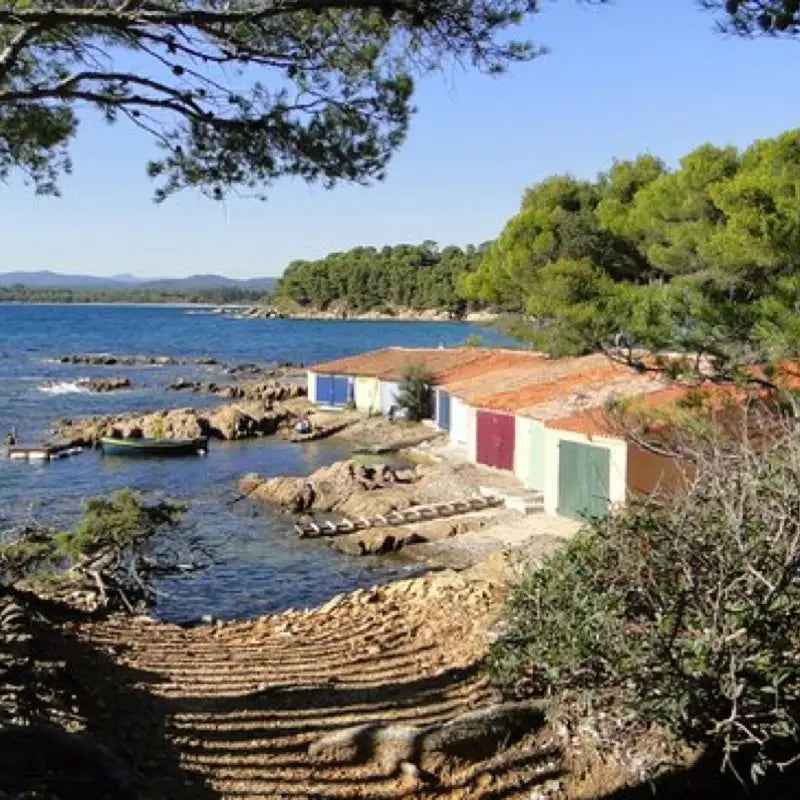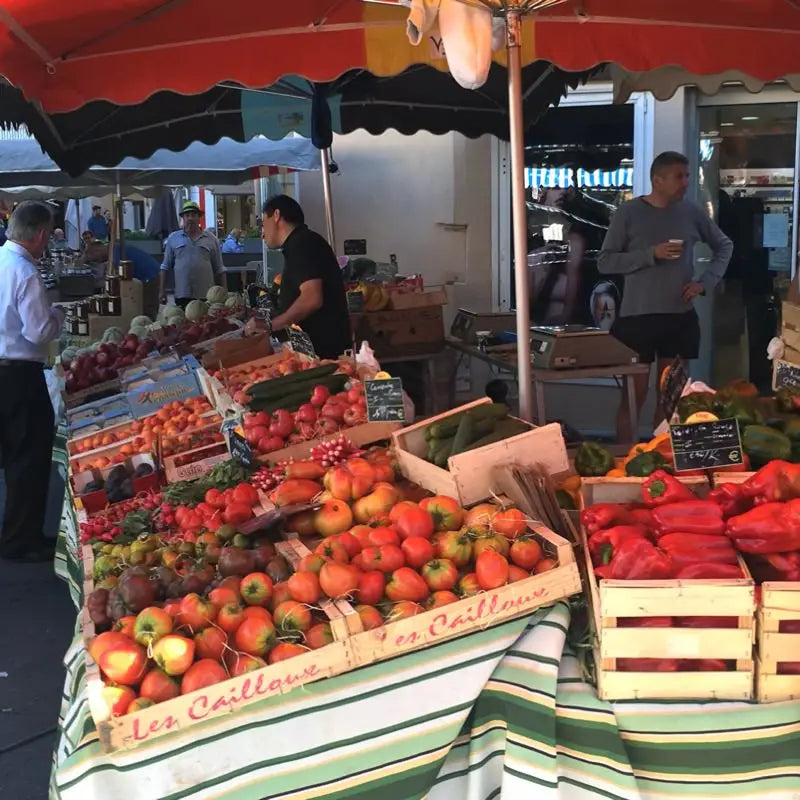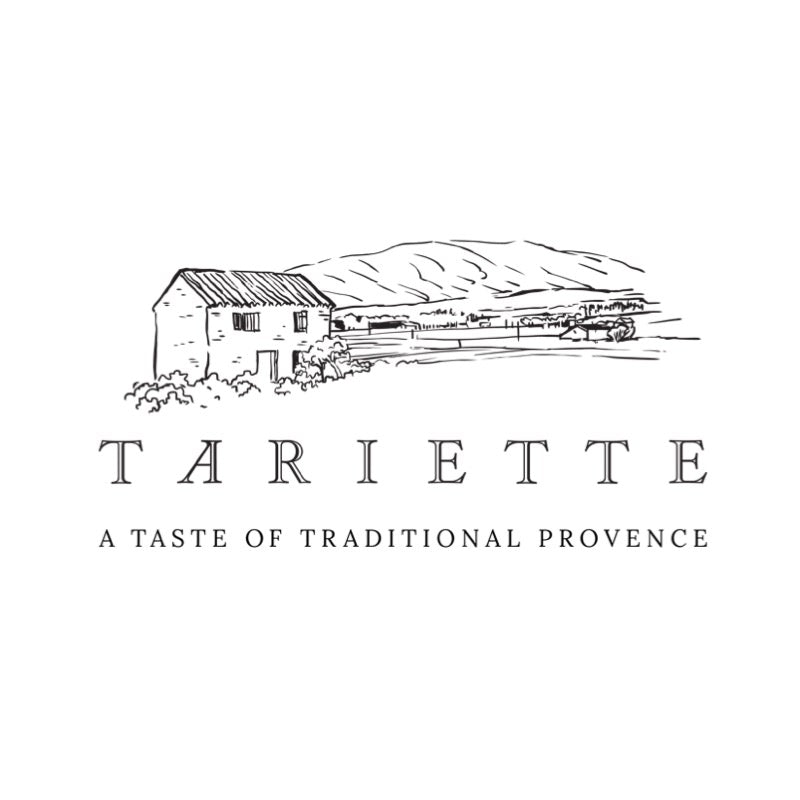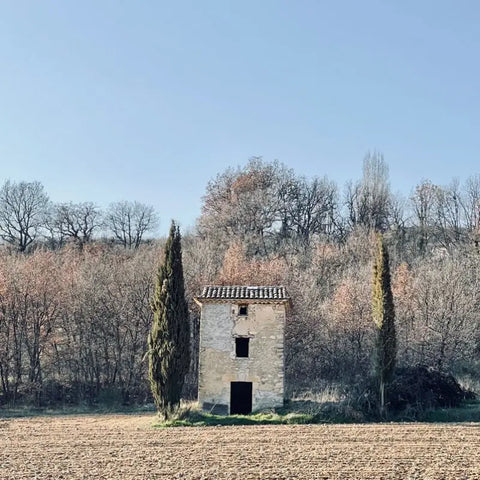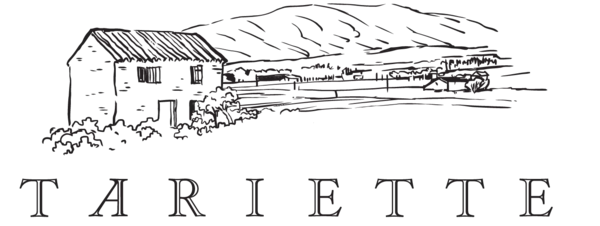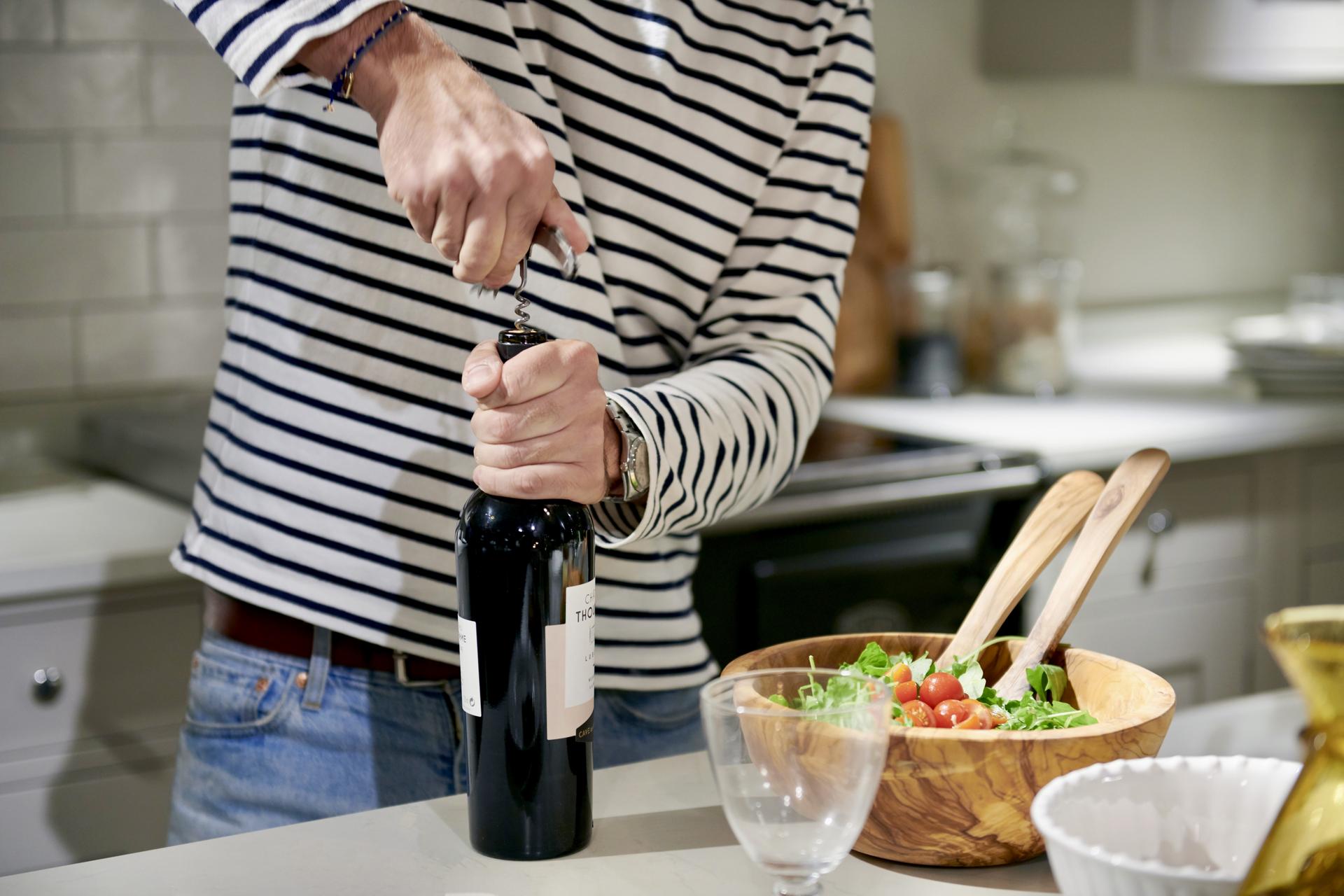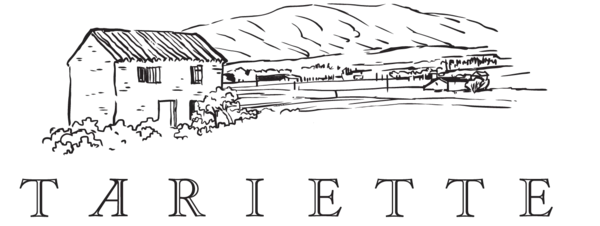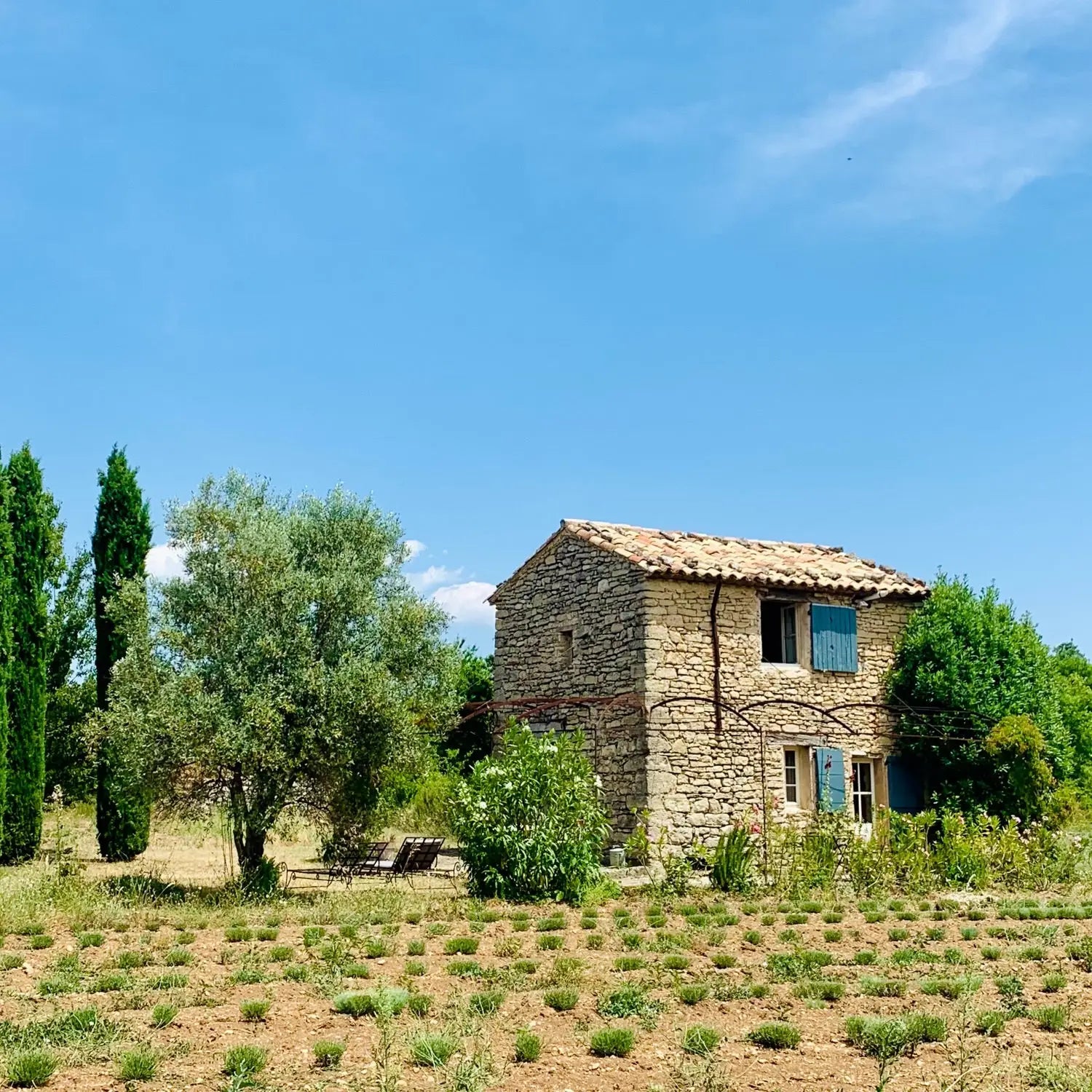
Tariette: the story behind our brand
I'm often asked what Tariette means, and while there is a short answer to that (below), the truth is that Tariette is part of a wider ideal that's built on our values as a company.
The Tariette brand—including the name and logo—was created based on our own happy memories of Provençal food and traditions. Tariette is based on the values of a Provence that is rural and authentic, and we will always do our best to preserve its identity, even though the region has become more of a 'fashionable' destination.
Yes, but what does Tariette mean?
OK, I'll give you a straight answer. The name Tariette is inspired by the name "Taraïette" (or Tarraieto in Provençal, our local dialect in Provence). A Taraïette is a very small pottery dish, often varnished in bright Provençal colours such as yellow or blue.
Now, a Taraïette is not made to cook or serve food. Instead, it is an ancient toy, used by children who would pretend to be cooking. Taraïettes come in different shapes and forms. There is even a "Rossignol" (Nightingale) whistle Taraïette, a small clay pot with a child-sized handle.
Children would pour water in the pot and blow the whistle to mimic the whistle of a nightingale. I'm not sure how good an imitation it ever was, but as kid, it sounded close enough to me! I remember hearing that funny sound as we'd walk through the streets of Apt, where these were sold at the shops and stalls of our weekly market.
Most of them are made near Marseille in Aubagne, a town of pottery makers. Sadly now only a handful of potters still make Taraïette. One of them is Claude Massucco and we're proud to say that we'll be selling his wares very soon!
Back to the name then, and with that sense of authentic craftsmanship, playfulness, and Provençal tradition, Tariette (a slightly easier to pronounce variant!) was the perfect unique name for our business.
Is the Tariette logo your house in France?
It's not our house, no. In fact, it isn't a house at all, it is a cabanon (Cabanoun in Provençal). A cabanon is a small outbuilding, often built by at the edge of fields or by the sea if you are near the Mediterranean. Originally, they were used to keep farming or fishing materials and sometimes to shelter sheep or other animals.
About a hundred years ago, the locals started using their cabanon as day huts. People wouldn't live or sleep there, but men would meet at their cabanon for a drink and a chance to play cards whilst their wives were at home looking after the children. If you were by the sea, fishermen would make a traditional Bouillabaisse (fish soup) with their day's catch.
In recent years, cabanons have been converted into small holiday homes that you can rent on Airbnb. Some have been beautifully restored and look far prettier now than they did when they stored fishing nets and sheep!
Our family had a cabanon which I remember going to as a child. Our whole family and plenty of friends would meet to barbecue delicious food and spend the summer days and evenings there. Us kids would have our mountain bikes, a football or a kite to keep us entertained whilst the adults would drink wine, tell stories, and play cards. I remember staying over and sleeping there one night. It was more like camping then as there was no electricity or water.
To this day, a lot of cabanons don't have water as they sit remotely on rocky lavender fields in the middle of the countryside. A cabanon is a very Provençal building and thinking of our cabanon brings back lovely memories of celebration and delicious Provençal food. It was those charming memories we had in mind when we chose to use a cabanon in our logo.
